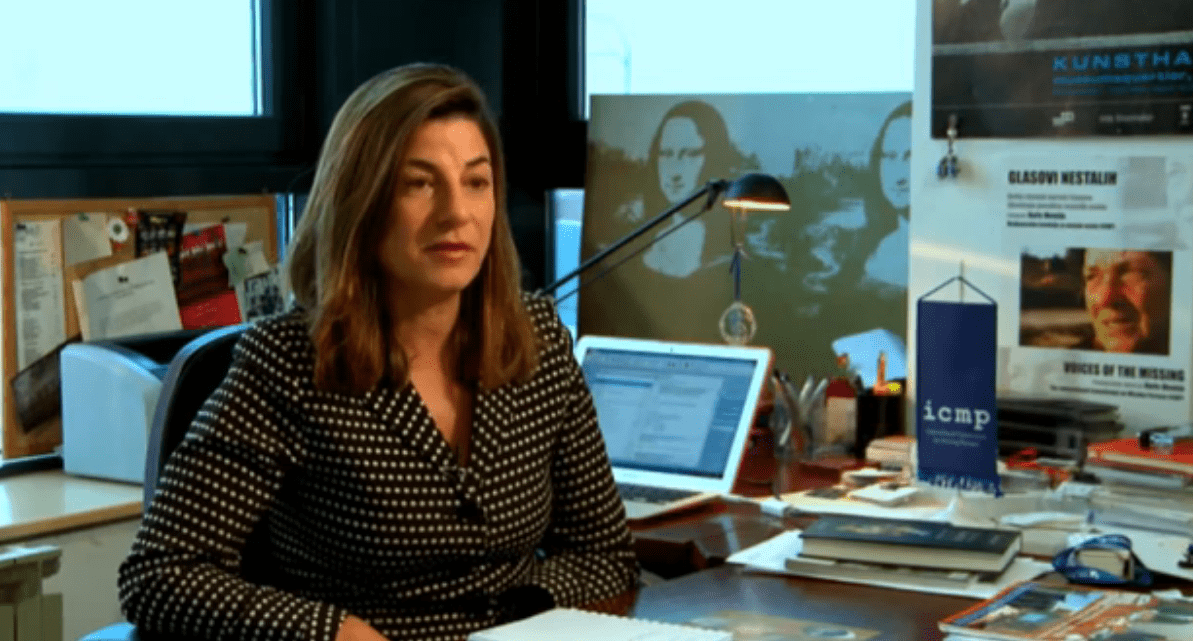This post is also available in: Bosnian
During an AIS meeting held in Sarajevo on Tuesday, June 18 the participants agreed that the campaign would include a petition for citizens and a conference for the media with the aim of raising awareness about the anonymyzation problem.
It was agreed that the Balkans Investigative Reporting Network in Bosnia and Herzegovina, BiH, would set up a poll question on its portal, asking the citizens whether they wanted to receive complete information about war-crimes trials through print media, radio and television, which is currently restricted by the anonymyzation practice, as well as the State Court’s practice to only issue ten-minute audio and video recordings from hearings.
At the same time, it was agreed that billboards showing a telephone number, which citizens could dial in order to give their support to the campaign, would be places around the city. Also, a street action will be organized with the aim of collecting as many signatures as possible and getting support.
Besides that, the Balkans Investigative Reporting Network will produce advertising radio and TV jingles, which will be sent to all radio and TV stations, with the aim of raising awareness about the issue.
As agreed at the meeting, the campaign would commence on Tuesday, June 25 this year, when the conference for journalists would be organized.
The AIS meeting also discussed recent visits to local communities in Travnik and Eastern Sarajevo, where the improvement of cooperation between the media and judicial institutions was discussed.
It was said that, during the meeting held in Travnik on May 16 this year the participants discussed problems facing journalists, arising from anonymyzation of all court documents.
The fact that judicial institutions in Travnik rarely issue media announcements or organize press conference, as well as the fact that the schedule of hearings as issued by the Cantonal Court contain case numbers, but not indictees’ names, making it difficult for journalists to follow the trials, were mentioned as specific problems.
At a meeting held in Eastern Sarajevo on Thursday, June 13 it was concluded that the efforts should be invested in developing quality cooperation and improving official channels of communication between the media and judicial bodies, so the citizens would get timely and objective information about trials.
The journalists pointed out that judicial institutions were still closed towards the media to a large extent and that certain media were privileged in obtaining information, while spokespersons of the Sarajevo and Eastern Sarajevo Prosecutions said that journalists often misinterpreted their statements.
AIS members will organize visits to two more local communities by the end of this year.

